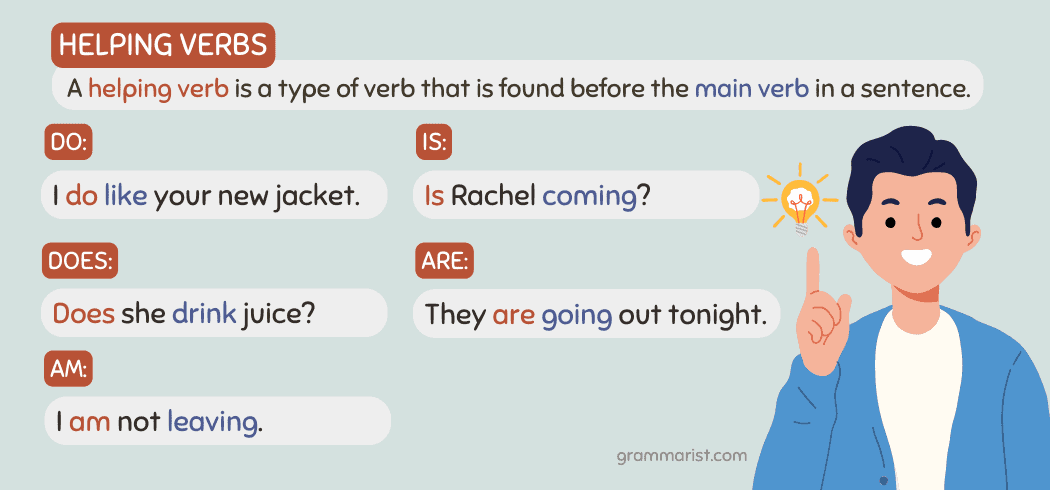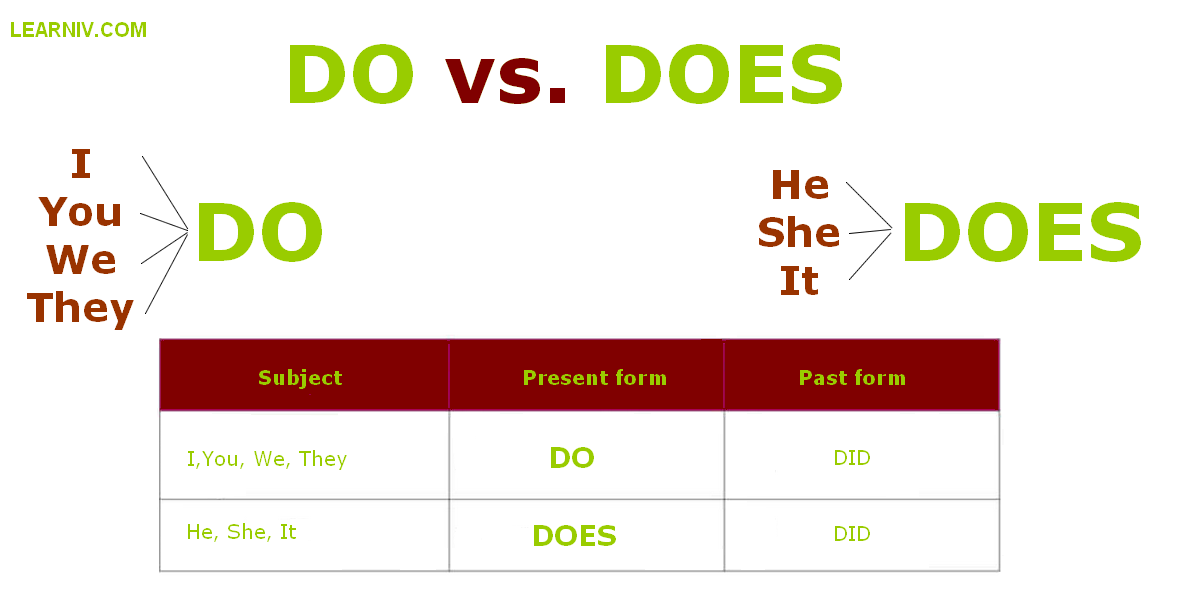Do You Need a Business License to Sell on Etsy? Essential Legal Guidance for Sellers
Understanding Legal Requirements for Selling on Etsy
Starting an Etsy shop opens up a world of opportunity for creative entrepreneurs and hobbyists alike. However, before listing your first item, it’s vital to understand the legal requirements, including whether a business license is necessary. The answer isn’t always straightforward-requirements depend on factors such as your location , business structure , and the types of products you intend to sell. Failing to comply with local, state, or federal regulations can result in fines or forced closure of your shop, so careful planning is essential [1] .
Does Etsy Require a Business License?
Etsy itself does not mandate a business license to create an account or sell products . You can start your shop, list items, and complete sales without uploading a license to Etsy’s platform. However, Etsy expects all sellers to comply with applicable laws in their jurisdiction. This means that while the platform doesn’t require documentation upfront, local authorities may [1] .
When Do You Need a Business License to Sell on Etsy?
Whether you need a license depends on several factors:
- Business Structure: Sole proprietors may not need to register their business formally, while partnerships, LLCs, and corporations often must. Many states require formal registration for these structures, which typically includes a business license [2] .
-
Location:
Legal requirements vary by state, county, and city. Some municipalities require
all
businesses, including home-based Etsy shops, to have a general business license or Home Occupation Permit. Others only require licenses for certain business types or income levels [2] . - Product Type: Regulated products-like food, cosmetics, or children’s items-often require additional permits or certifications. For example, selling homemade skincare may require health department approval, while vintage clothing generally does not [3] .
- Volume and Profit: Many regions distinguish between hobbyists and businesses. If you sell occasionally and don’t intend to make a profit, you may be categorized as a hobbyist and avoid licensing. Once your shop earns consistent revenue or you actively market your products, you’re likely considered a business and must comply with local laws [1] .
Key Types of Licenses and Permits
Below are the most common licenses and permits Etsy sellers may encounter:
- General Business License: Required by many cities or counties for any business operating within their jurisdiction. This validates your business under local law and may be needed even if you work from home.
- Home Occupation Permit: If you operate your Etsy shop from your residence, check if your local government requires this permit. It ensures home-based businesses meet zoning and safety standards [2] .
- Seller’s Permit or Sales Tax Permit: Necessary in most states if you sell physical goods and are required to collect sales tax. Requirements and thresholds vary; some states mandate registration even for small-volume sellers [3] .
- Specialty Licenses: For products like food, handmade cosmetics, or health-related goods, additional certifications or inspections may be needed. Always check with your state’s health or consumer protection department before listing such items.
Actionable Steps to Determine Your Requirements
Follow these steps to ensure you’re operating your Etsy shop legally:

Source: ssissimon.blogspot.com
- Identify Your Business Structure: Decide if you’re a sole proprietor, partnership, LLC, or corporation. Each structure has different licensing and tax implications.
- Research Local Regulations: Contact your city or county clerk’s office to ask about business licensing for home-based or online businesses. You can also consult your state’s official business registration website or the U.S. Small Business Administration (SBA) for guidance. If you’re unsure where to start, search for your state’s department of commerce or business licensing portal-e.g., “California business license” or “Florida business registration.” Most government agencies have online resources and contact information for further questions.
- Check Product-Specific Requirements: If your items fall into regulated categories (like food, cosmetics, or children’s products), research any extra certifications or inspections needed. The U.S. Food and Drug Administration (FDA) and Consumer Product Safety Commission (CPSC) are good starting points for federal regulations.
- Register for Sales Tax Collection (if required): If you’re selling physical goods and your state requires sales tax collection, you’ll need to apply for a seller’s permit or sales tax ID. This allows you to collect and remit sales tax to the state. Your state’s department of revenue website will have instructions and online applications.
- Obtain an Employer Identification Number (EIN), if needed: If you have employees or want to open a business bank account, you may need an EIN from the IRS. Sole proprietors without employees might not need one, but it can be useful for professional purposes. Apply directly through the IRS website.
Practical Examples
Example 1: Hobbyist Seller Anna occasionally sells handmade greeting cards on Etsy, earning a few hundred dollars a year. Her city does not require a business license for hobbyists, and she is not required to collect sales tax because her sales volume is low. Anna should still keep records and periodically check local regulations, as rules can change.

Source: mimundomanualyartistico.blogspot.com
Example 2: Full-Time Seller David operates a successful Etsy shop selling jewelry, earning over $20,000 annually. His city requires all home-based businesses to register and obtain a business license. He applies for a local general business license, a home occupation permit, and registers for state sales tax collection. David also checks with his state’s business development office to ensure compliance with jewelry safety standards.
Example 3: Regulated Product Seller Maya sells homemade skincare products. In addition to a business license, she must comply with FDA standards for cosmetics and obtain a seller’s permit for collecting sales tax. Maya consults her state’s health department website for product safety requirements and registers her business with the appropriate agencies.
Alternative Approaches and Additional Tips
If you’re unsure about your obligations, consider the following alternatives and best practices:
- Consult a Local Small Business Advisor: Many cities offer free or low-cost business counseling through local economic development offices or Small Business Development Centers (SBDCs). These professionals can help clarify licensing and registration requirements for your situation.
- Monitor Changes: Laws and regulations change frequently. Set a calendar reminder to review your compliance at least once a year, especially if you move or expand your product range.
- Keep Records: Even if you’re a hobbyist, maintain detailed sales and expense records. This will simplify tax filing and help if your status changes to a business.
- Start Simple, Scale Up: If you’re testing the waters, research your local rules about hobby sales. As your revenue grows, be prepared to transition to a fully licensed business to avoid penalties.
Potential Challenges and Solutions
Some new sellers find the process of researching and applying for business licenses overwhelming. Here’s how to address common obstacles:
- Conflicting Information: If you find conflicting advice online, always prioritize information from official government websites or consult a professional business advisor.
- Zoning Restrictions: If your city restricts home-based businesses, ask about possible variances or look for co-working spaces or commercial studios as alternatives.
- Cost Concerns: Licensing fees vary. Some cities charge as little as $25, while others may require annual renewals costing $100 or more. Factor these costs into your business plan and budget accordingly.
Step-by-Step Checklist for Etsy Sellers
- Decide on your business structure (sole proprietorship, partnership, LLC, etc.).
- Contact your city or county clerk’s office or search for your local business licensing portal.
- Determine if your product category requires any specialty permits.
- Register for a seller’s permit or sales tax ID if your state requires it.
- Apply for a Home Occupation Permit if you’re operating from home and local ordinances require it.
- Keep all documentation organized and accessible for tax and legal purposes.
- Revisit your compliance status annually or when making significant business changes.
Where to Get Help
If you’re still unsure about your licensing needs, try these resources:
- Visit your state’s official business registration or department of revenue website for up-to-date licensing information.
- Contact your local Small Business Development Center (SBDC) for personalized help.
- Check the U.S. Small Business Administration (SBA) website for guides and contact information.
- Search for “[Your State] + business license requirements” for official state and local resources.
Summary and Key Takeaways
Etsy does not require a business license to sell on their platform, but you must follow all local, state, and federal regulations that apply to your situation . The need for a business license depends on your location, business structure, product type, and revenue. Always check with your local authorities and official government websites for the most accurate, up-to-date information. Keeping your business compliant from the start will save time, money, and potential legal trouble as your shop grows.



